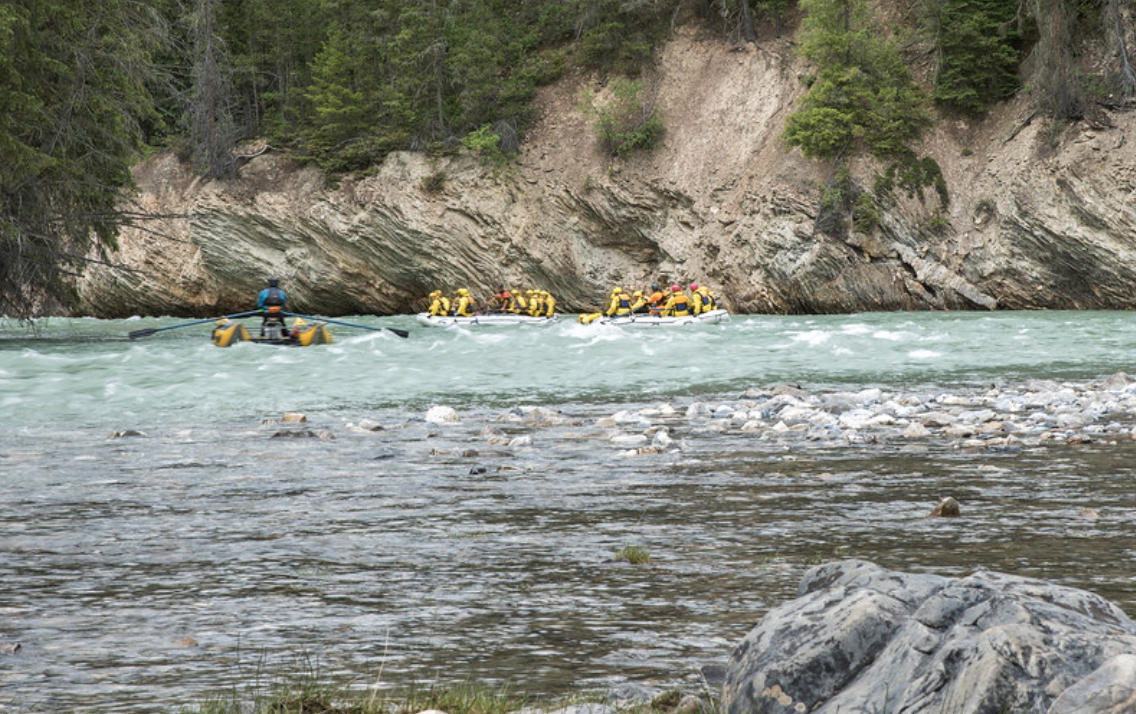Eligible accommodation providers and tourism operators holding tenure and BC Parks permits will now have access to grants to alleviate fixed-cost pressures caused by the COVID-19 pandemic.
“The tourism industry in B.C. continues to be hit hard by the pandemic. From Day 1, our government has worked side by side with industry leaders on recovery initiatives so the industry can come back stronger than ever,” said Melanie Mark, Minister of Tourism, Arts, Culture and Sport. “This grant was a call to action by the Tourism Task Force to support these businesses with their bottom line and ensure they can thrive.”
As much as $15 million will be provided through the Tourism Accommodation and Commercial Recreation Relief Fund through three streams: one for B.C.-owned large accommodation providers employing more than 150 people; the second for Indigenous-owned large accommodation properties employing more than 100 people and located on reserve; and the third for tenure and BC Parks permit holders that operate as tourism businesses.
“Accommodators across B.C. have suffered years of devastating losses while struggling to meet the demands of rising fixed costs,” said Ingrid Jarrett, president and CEO, British Columbia Hotel Association. “I want to acknowledge the leadership, hard work and commitment demonstrated by Minister Mark to support B.C.’s accommodation sector and make the Tourism Accommodation and Commercial Recreation Relief Fund a reality. We are grateful that this funding will help alleviate hardship for large accommodation providers and better position our industry for recovery.”
The Tourism Accommodation and Commercial Recreation Relief grants will help offset fixed costs for eligible large accommodation operators with property taxes, hydro fees for Indigenous-owned accommodation or assistance for tourism businesses operating on Crown land and in BC Parks with tenure and park permit fees incurred in 2021.
“Indigenous Tourism BC continues to focus our work on supporting Indigenous tourism businesses to remain in operation during these challenging times,” said Brenda Baptiste, chair, Indigenous Tourism BC. “We value and appreciate the collaboration and partnerships that we hold with industry and the Ministry of Tourism, Arts, Culture and Sport.”
“On behalf of adventure tourism operators who hold tenures or park-use permits, the relief through the Tourism Accommodation and Commercial Recreation Relief Fund will help those operators who work in the remote backcountry areas of British Columbia,” said Katherine MacRae, executive director, Commercial Bear Viewing Association and co-chair of the Adventure Tourism Coalition. “Tenures and permits are part of our operating costs, and relief for these costs is appreciated as we look to further recovery in 2022 for adventure tourism in super, natural British Columbia.”
Providing financial support for fixed costs was identified by the Tourism Task Force’s final report as a recommendation for those businesses most affected by public-health measures restricting travel and gathering of groups. These supports are intended to help ensure the viability of these businesses through the 2022 winter and spring seasons.
This grant is another measure the Province has provided to the tourism sector and builds on other supports through Budget 2020-21, which include:
- the Small and Medium Size Business Recovery Program, which has supported almost 8,200 tourism businesses with fewer than 149 employees, that received more than $214 million in grant funding;
- $36.8 million, which has been provided to more than 80 major anchor attractions and tour bus operators through the B.C. Major Anchor Attractions Program;
- the Fairs, Festivals and Events Recovery Fund, which has provided nearly $30 million to support local events, supporting 680 fairs, festivals and events in 134 communities throughout B.C.;
- $53 million in community-based tourism infrastructure and destination development, which has been invested to help tourism in B.C. recover, create jobs and spur economic development; and
- $8 million in relief funding through Indigenous Tourism BC, which has been allocated for Indigenous tourism businesses, one of the fastest-growing sectors of the industry.


